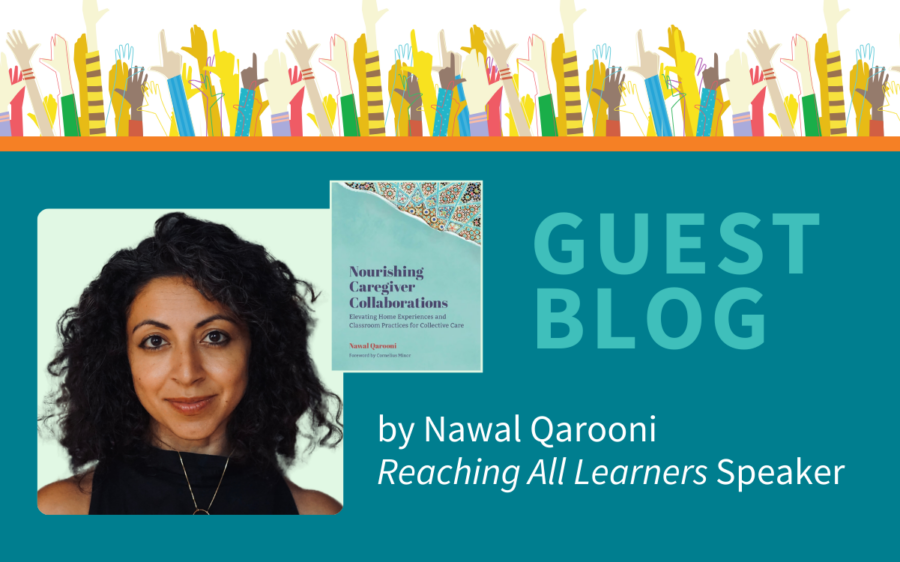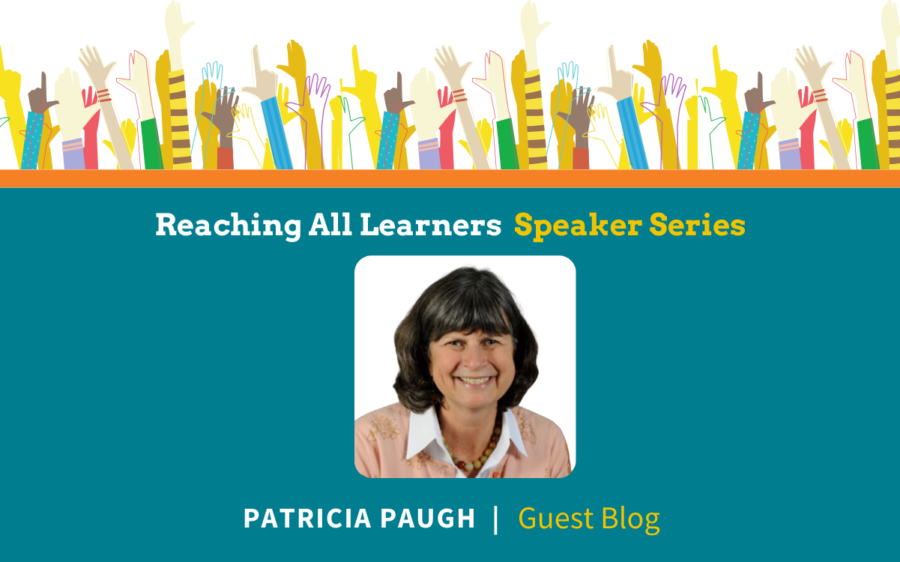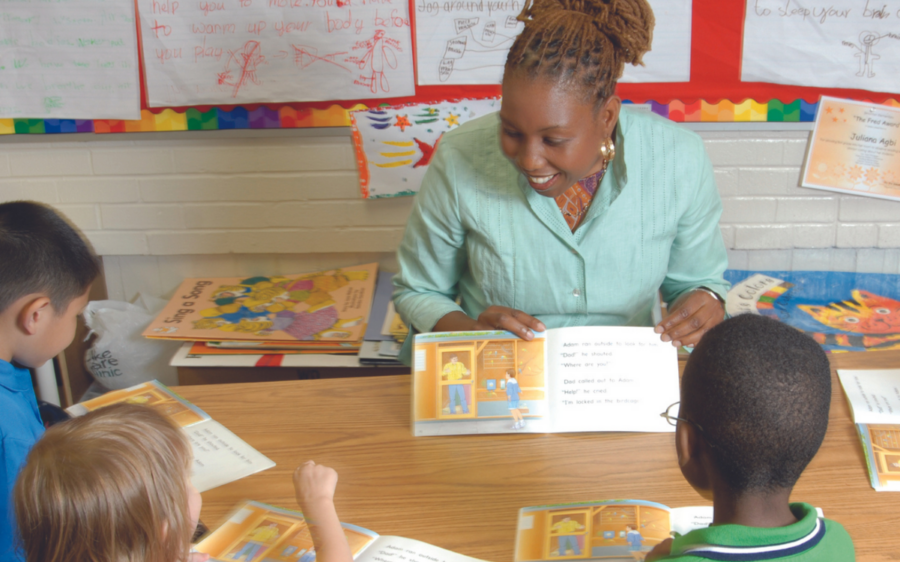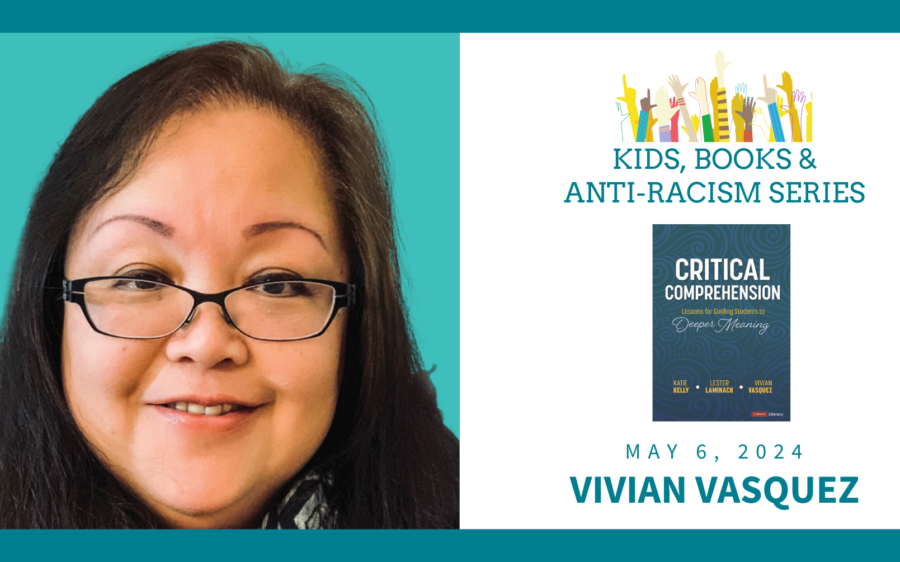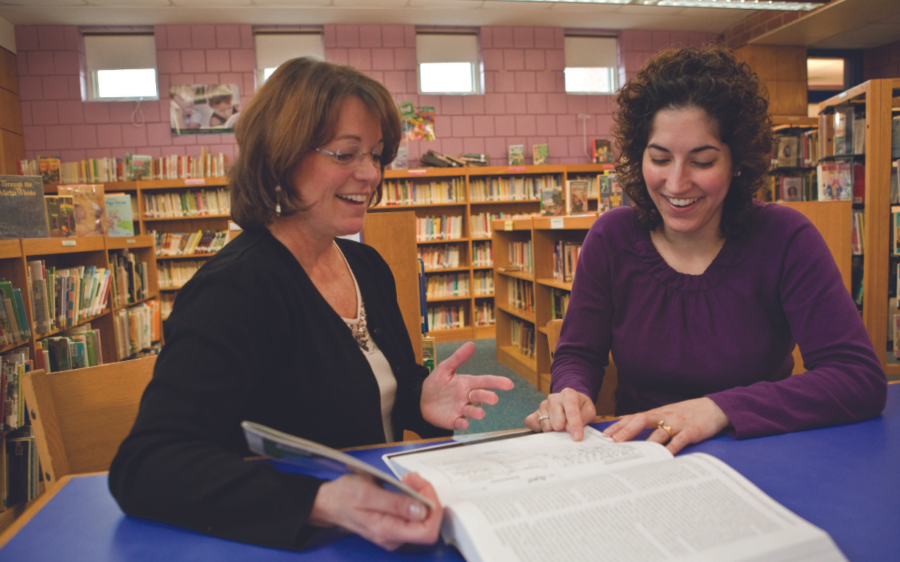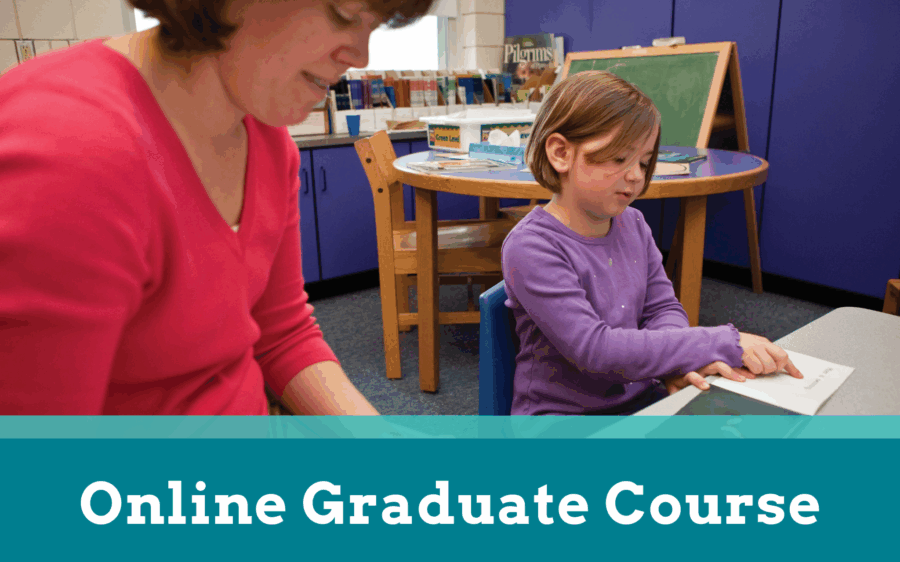Welcome to Our Blog
Planting the Seeds of Literacy: Cultivating Learning in PreK Centers
Teaching children how to use books and other literacy resources in play centers helps children naturally integrate the use of print, writing, and new vocabulary into their natural flow of play.
Literacy Coaching Toward Teacher Empowerment and Resilience
Observations and four key ideas that emerged from a group of experienced literacy coaches who brainstormed ways to work toward fostering teacher empowerment in the new year.
Reaching All Learners by Partnering Thoughtfully With Families
The next speaker in our Reaching All Learners Series, Nawal Qarooni, offers three tips on how to collaborate in meaningful ways with the families of our students.
Celebrating the Season: New and Diverse Holiday Books for the PK–6 Classroom
Read on to discover some fantastic books about the holidays to bring diversity into your classroom this season.
Navigating Standardized Assessment: Approaching Testing as a Genre
Standardized testing is a reality in our students’ lives. Are you wondering how you can support your students in demonstrating all they know on the test but not stop the rich, ongoing literacy instruction months before the test?
Learning to be Literate: Grappling with the Complexities of Teaching Literacy
In advance of her Oct. 24 presentation, Paugh’s blog entry explains the four essential dimensions to literacy instruction.
Unlocking Potential: Strategies for Effective Reading Interventions
Effective literacy intervention isn’t just about what you teach; it’s about how you teach it – read on for strategies that yield remarkable results.
Writing Identities: When do they begin?
Find out how teachers can instill the belief in their students that they’re writers with valuable stories to share and communicate.
Centering What Matters to Children: How to Connect Your Teaching to Your Students’ Passions and Inquiry Questions
How do you decide what to focus on in your teaching? Our Kids, Books & Anti-Racism series speaker Vivian Vasquez starts by observing what her students care about.
Ensuring Strong Reading Skills for Grades 3-6
Foundational skill learning does not end in primary grades. Students in grades 3-6 require ongoing instruction in phonics, spelling and word study.





